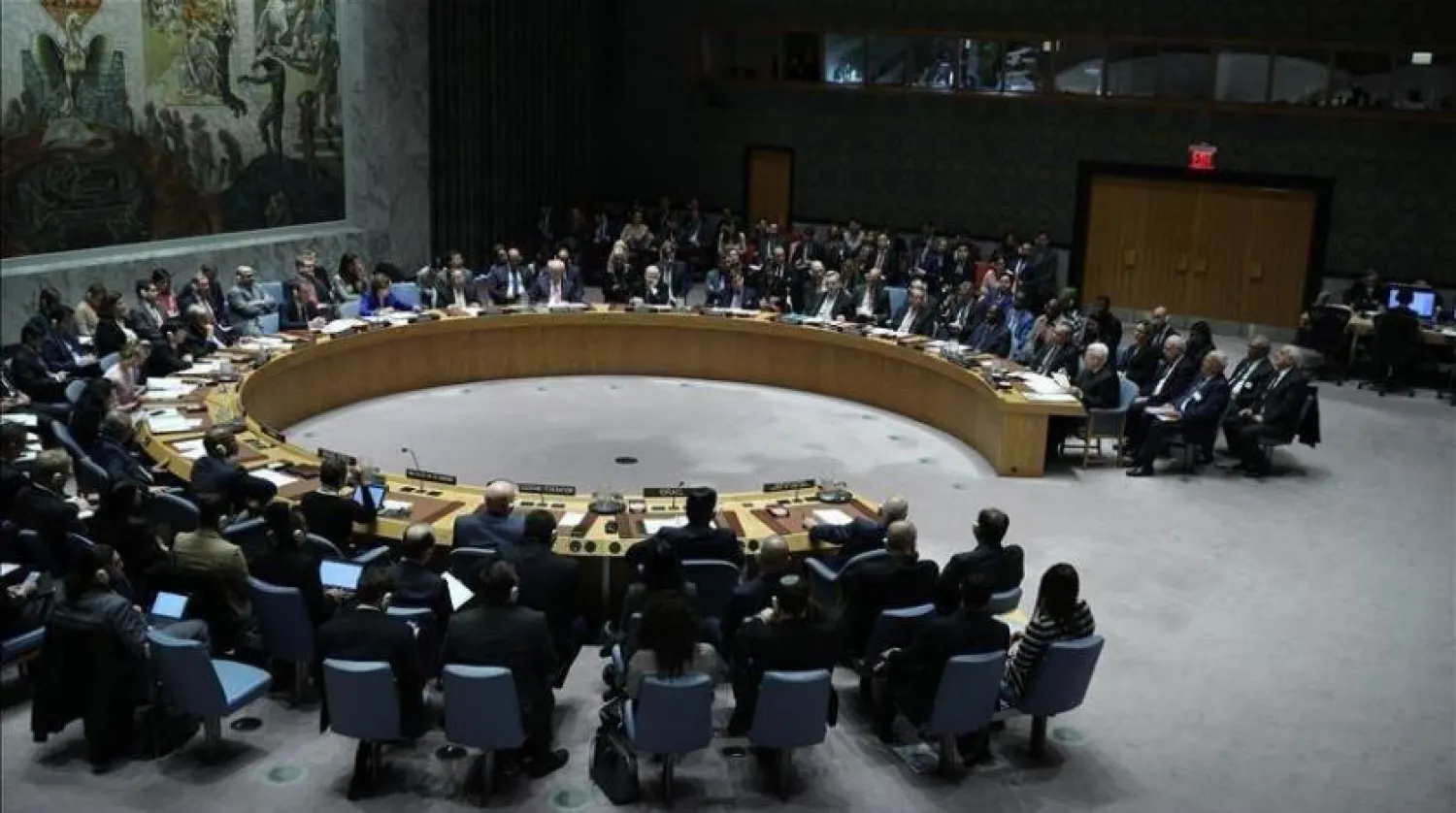The Iranian nuclear deal was discussed on Tuesday during the United Nations Security Council (UNSC) videoconference on the Middle East.
Indonesia’s UN Ambassador Dian Triansyah Djani, UNSC president for August, said it was “not in the position to take further action” on a US bid to trigger a return of all UN sanctions on Iran because there is no consensus in the 15-member body.
Britain, France, and Germany expressed willingness to take separate action in the Security Council to “address the concerns” of ending the international arms embargo on Tehran.
During the session which was mainly focused on the Palestinian cause, Russian and Chinese permanent ambassadors to the UNSC Vasily Nebenzya and Zhang Jun asked about the Council's position on the “snapback” mechanism.
On August 20, the United States submitted a letter to the Council accusing Tehran of non-compliance, starting a 30-day clock that could lead to a “snapback” of UN sanctions
“Almost all Council members responded immediately by their letters to the President,” Nebenzya noted.
“As far as we can judge, in these letters, an overwhelming majority of the member states explicitly stated that the US letter can neither be considered a notification as per paragraph 11 of the UNSC resolution 2231 nor does it trigger the snapback since the US has ceased its participation in the Joint Comprehensive Plan of Action (JCPOA),” he added.
Nebenzya hoped the US would halt its efforts because “it is not only illegal but also because it will simply not lead to achieving its desired outcomes.”
Jun also strongly condemned the US request, calling it illegal.
China resolutely opposes the US demand, he affirmed, noting that the US letter shall not be identified as “notification” specified in resolution 2231.
“Let me just make it really, really clear: the Trump administration has no fear in standing in limited company on this matter,” US Ambassador Kelly Craft told the council.
“I only regret that other members of this council have lost their way and now find themselves standing in the company of terrorists.”
A spokesperson for the US mission to the UN said it “is on firm legal ground to initiate the restoration of sanctions” and “the fact that some council members expressed disagreement does not have any legal effect.”
“We do not support a move to snapback at this time, which would be incompatible with our current efforts to preserve the JCPOA,” UK Deputy Permanent Representative James Roscoe said.
He, however, agreed with the US’s concern that Iran would be able to buy weapons after the weapons embargo expires in October this year, noting that this would have “dangerous implication on regional security, given Iran’s ongoing destabilizing activities.”
French Deputy Permanent Representative to UN Anne Gueguen pointed out that 13 countries have rejected the US request. “As a consequence, we firmly believe that no further steps can take place within the Security Council.”
“Let me also recall that as committed JCPOA participants we, the E3 (France, Britain, and Germany), believe that we should continue to address the current issues arising from systematic Iranian non-compliance with its JCPOA commitments through continued dialogue between all remaining JCPOA participants, foremost within the Joint Commission and in the framework of discussions engaged under the Dispute Resolution Mechanism.”
“We welcome the fact that the Joint Commission will convene in Vienna on Sep. 1 and enable us to directly address these issues,” she added.









